RBI opposes Tata-DoCoMo settlement
Thu 09 Mar 2017, 09:50:11
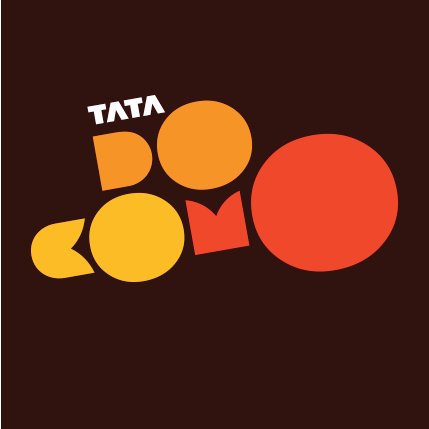
The Delhi High Court on Wednesday directed the Reserve Bank of India (RBI) to decide by March 14 its position in the $1.18-billion arbitration award now sought to be enforced by Japanese telecom major NTT DoCoMo, in line with a settlement agreement reached with Indian conglomerate Tata Sons.
Justice Muralidhar’s order came in the backdrop of detailed arguments made by the RBI against a joint application by DoCoMo and Tata on February 28, requesting the court to allow the terms of the settlement reached at by the two companies and to enforce the June 22, 2016, London Court of International Arbitration (LCIA) award in favour of DoCoMo.
After beginning with objections to the settlement agreement between the two companies, RBI advocate C Mukund ended the hearing by stating that he would “endeavour to close the matter.” Mukund’s arguments, which were received by the court with stern skepticism, revolved around how the LCIA arbitral award had erroneously categorised the case as a breach of contract to permit an action that could not be done directly in an indirect manner.
The RBI counsel attempted to highlight how it was an Indian law that governed the contract and the arbitration, yet the LCIA tribunal had reached its conclusion without deciding on the RBI issue and instead proceeded to allow the share transfer in the garb of an award for damages.
Stating that such capital account transactions required RBI permission, Mukund said that the award, if enforced, would set an alarming precedent for similar matters currently under dispute and in the future. The RBI advocate also mentioned that a void or voidable agreement could not be executed in terms of a settlement agreement and that the courts had taken a contrary stance in other cases involving comparable issues. Mukund termed Tata’s deposit of the full arbitral amount in the high court as a magnanimous act, even though they were not in the wrong and it was DoCoMo that knew the RBI restrictions from early on.
The court sought RBI response on what grounds it could intervene in the enforcement of a valid arbitration award that was not being contested by the companies concerned. The RBI was not even a party to the proceedings, the court said. “This is a matter of international relations. Is this the independent stand of the RBI or is the government advising this? The answer has ramifications on the autonomy of the RBI,” said Justice Muralidhar.
The Bench then stated that the award could still be taken to other countries and enforced there under the terms of the New York Convention, even if the RBI intervention succeeded in India. “If the consent terms
are accepted, it will not set a precedent as the order will not go into the correctness of the arbitral award,” said Justice Muralidhar, in response to the RBI’s concerns of the decision affecting other cases in the future.
are accepted, it will not set a precedent as the order will not go into the correctness of the arbitral award,” said Justice Muralidhar, in response to the RBI’s concerns of the decision affecting other cases in the future.
The court then directed the RBI counsel to inform it on the central bank’s stance, in light of Wednesday’s hearing and whether it intended to continue to press on its intervention in the case, by March 14. Justice Muralidhar also sought the RBI’s response on whether any regulatory consent was required for the remission of the sum of the award, if the settlement agreement was to be eventually accepted by the court. If RBI feels that any such permission is required, it is to produce relevant law that requires any such action, the court said.
The two-year long arbitration between the companies relates to disputes over Tata’s inability to buy back DoCoMo’s 26.5 per cent share in their joint venture (JV) Tata Teleservices, as had been initially agreed upon by the two groups in their JV agreement. According to the terms of the JV, DoCoMo had been allowed the option of exiting the venture after a period of three years at a pre-determined share price, which were to be bought by Tata or an external buyer that the Indian company was to arrange.
In 2014, after the collaboration consistently failed in generating the desired returns, DoCoMo decided to exercise its exit option at a time when the share price of Tata Teleservices had plummeted far below the earlier agreed exit agreements. Unable to find a buyer, Tata made an application to the RBI to purchase the shares as per the terms of the venture. The RBI refused the application on the ground that such a transfer could not be made at a predetermined share price on a later date, as per the existing banking and securities regulations.
The deadlock resulted in the international arbitral proceedings that followed, and the subsequent $1.18-billion LCIA award now sought to be enforced by DoCoMo in India, the UK and the US. After the award, Tata had approached the RBI once again for permission to comply with the terms of the adjudication, but this second application was also rejected by the regulator leading to the present proceedings before the high court.
With the announcement of the settlement between the two companies, the only hurdle that remains before ending this long-drawn dispute is the objection made by the RBI. As part of the arrangement, DoCoMo has agreed not to press for the enforcement of the award in any other court for a period of six months, within which time the two companies are expected to fully resolve the issue in line with the agreed terms.
No Comments For This Post, Be first to write a Comment.
Most viewed from Business
AIMIM News
Latest Urdu News
Most Viewed
May 26, 2020
Is it right to exclude Bangladesh from the T20 World Cup?
Latest Videos View All
Like Us
Home
About Us
Advertise With Us
All Polls
Epaper Archives
Privacy Policy
Contact Us
Download Etemaad App
© 2026 Etemaad Daily News, All Rights Reserved.

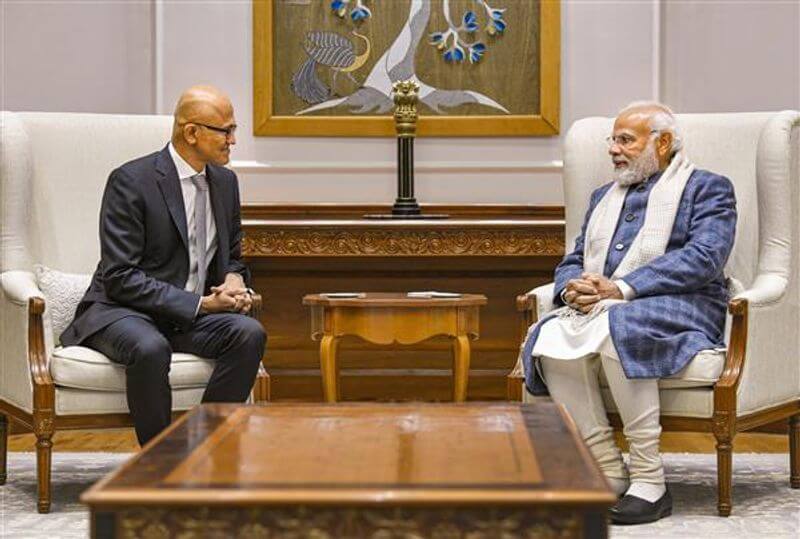
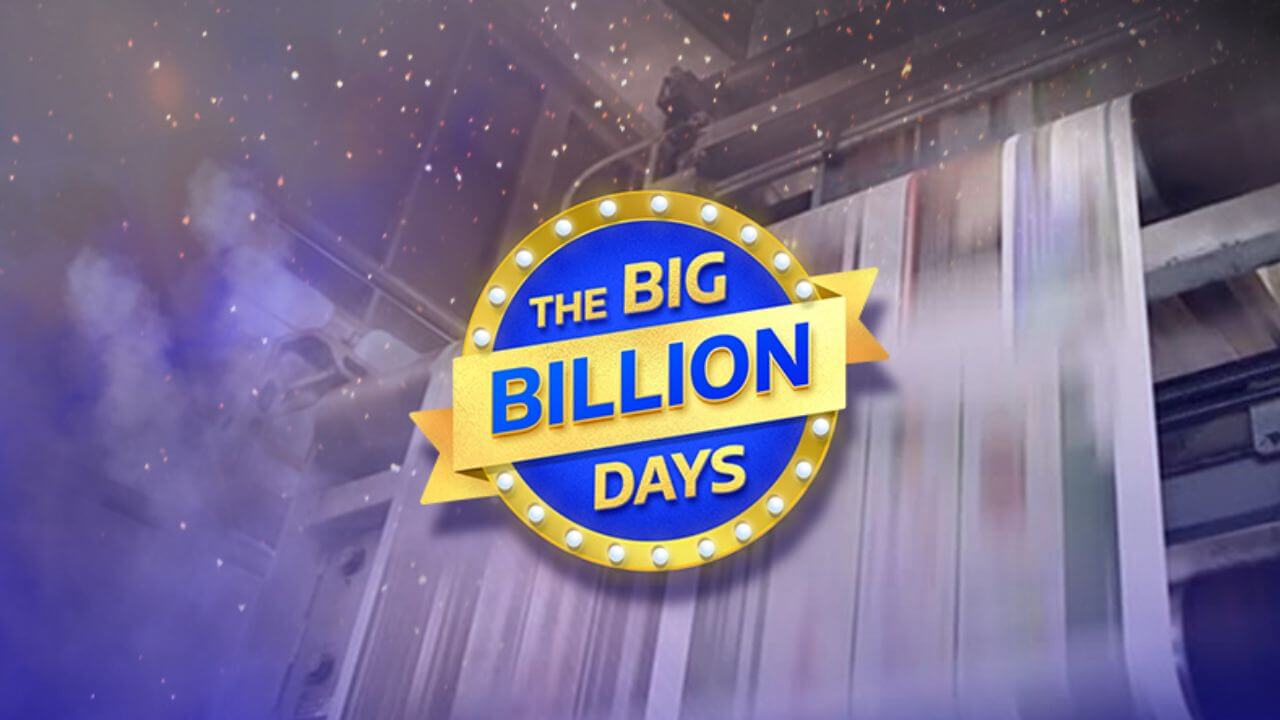
.jpg)
.jpg)

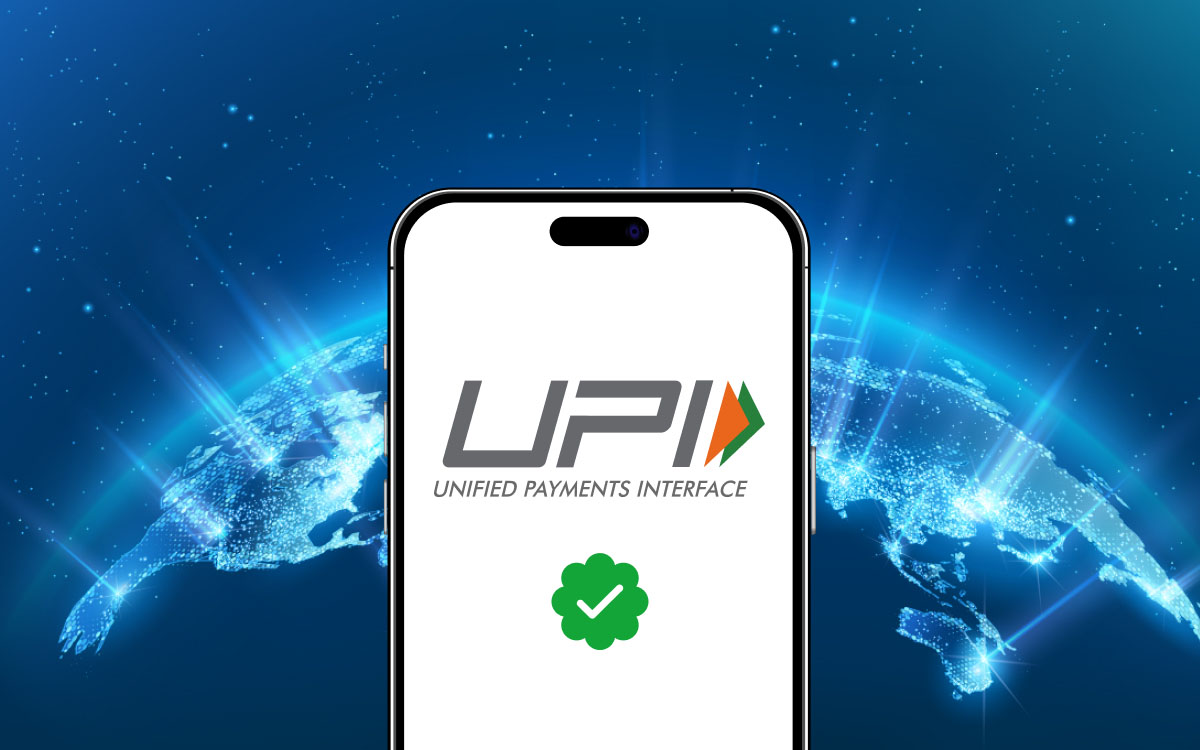
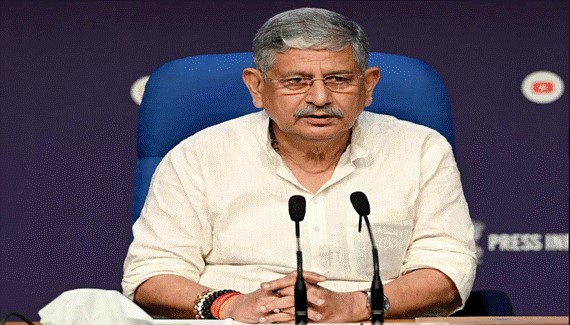

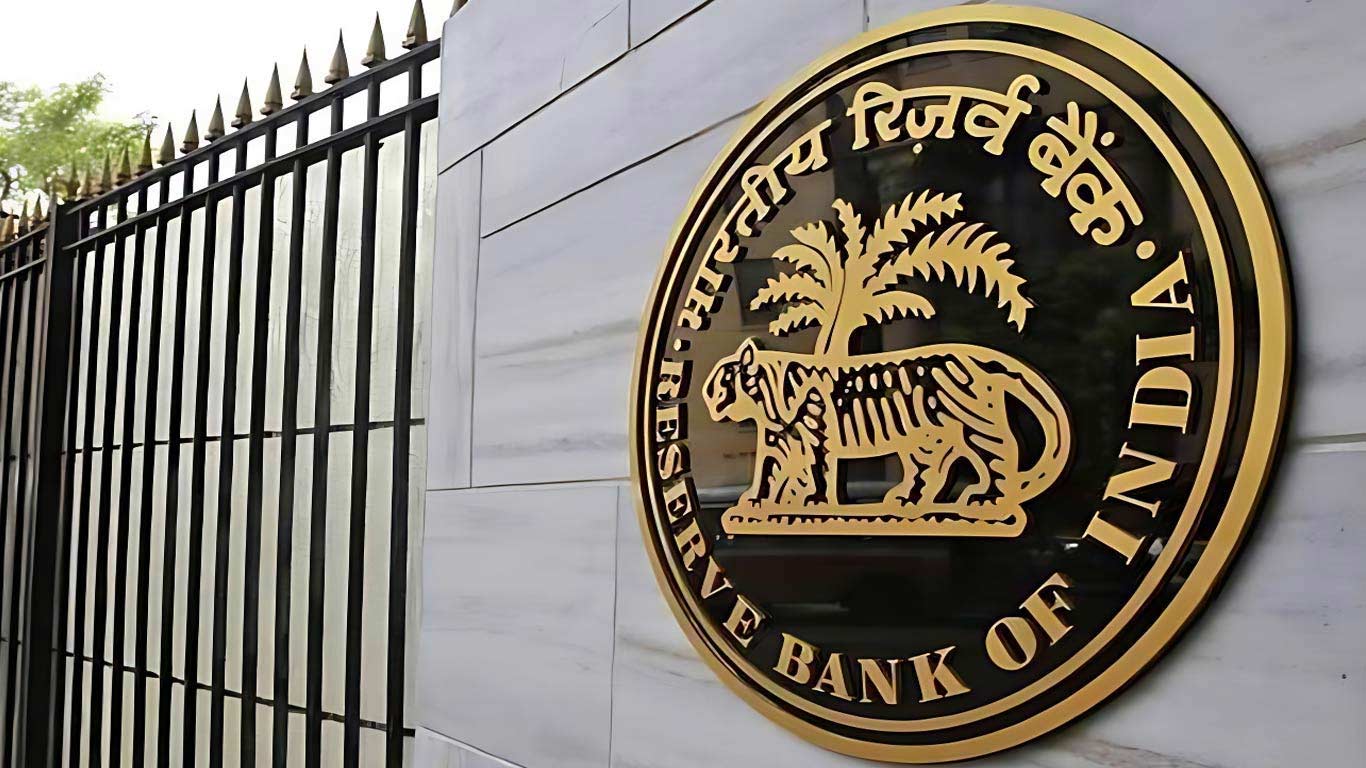


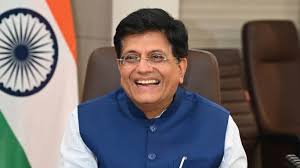

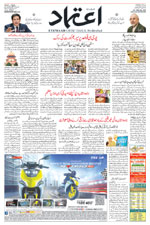










.jpg)
.jpg)
.jpg)


